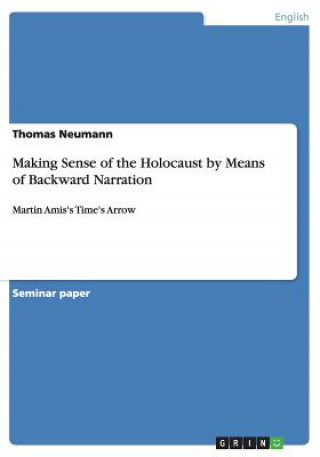
Kód: 05284659
Making Sense of the Holocaust by Means of Backward Narration
Autor Thomas Neumann
Seminar paper from the year 2007 in the subject English Language and Literature Studies - Literature, grade: 1,0, University of Augsburg, course: Literature and the Holocaust, 12 entries in the bibliography, language: English, abs ... celý popis
- Jazyk:
 Angličtina
Angličtina - Vazba: Brožovaná
- Počet stran: 20
Nakladatelství: Grin Verlag, 2014
- Více informací o knize

Mohlo by se vám také líbit
-

Principles of Bioenergetics
3313 Kč
Dárkový poukaz: Radost zaručena
- Darujte poukaz v libovolné hodnotě a my se postaráme o zbytek.
- Poukaz se vztahuje na celou naši nabídku.
- Elektronický poukaz vytisknete z e-mailu a můžete ihned darovat.
- Platnost poukazu je 12 měsíců od data vystavení.
Více informací o knize Making Sense of the Holocaust by Means of Backward Narration
Nákupem získáte 55 bodů
 Anotace knihy
Anotace knihy
Seminar paper from the year 2007 in the subject English Language and Literature Studies - Literature, grade: 1,0, University of Augsburg, course: Literature and the Holocaust, 12 entries in the bibliography, language: English, abstract: The problem of finding appropriate ways to represent the Holocaust has been haunting Holocaust literature ever since Theodor Adorno's famous dictum that there cannot be any poetry after Auschwitz. In fact, the uniqueness of the Holocaust raises serious ethical questions whether there can be any appropriate representation of these atrocious events at all. As the horror of Auschwitz goes beyond human imagination, the problem boils down to the one question: How can you imagine the unimaginable? §Martin Amis's novel Time's Arrow or the Nature of the Offence (1991) has a rather bold answer to this question: by narrating it backwards. In the novel, the story of the Nazi doctor Odilo Unverdorben is narrated vice versa, following his life from end to start through the eyes of a ghostlike narrator who emerges at the point of his death. As the technique of backward narration distinguishes Time's Arrow from almost any other Holocaust fiction, in the following my focus will be on the novel's use of narrative reversal to represent the Holocaust. I will argue that the technique of backward narration offers a way to make sense of the Holocaust and Nazism in general, thereby showing that the novel's form and content are inseparably linked. In order to do this, I will first go over some of the negative criticism that Time's Arrow was exposed to, focusing on the problem of form and content. I will then show how backward narration offers a solution to specific problems in Holocaust literature and how it helps to avoid the danger of aestheticising Auschwitz. After that, I will point out that backward narration can help to understand the Holocaust, exploring the connections between Nazism and the temporal and moral reversal effected by narrative reversal. Finally I will examine the influence of Robert Jay Lifton's The Nazi Doctors on Time's Arrow. By applying Lifton's theory of psychological doubling to the novel, the close connections between form and content will once again be highlighted.
 Parametry knihy
Parametry knihy
554 Kč
- Plný název: Making Sense of the Holocaust by Means of Backward Narration
- Podnázev: Martin Amis's Time's Arrow
- Autor: Thomas Neumann
- Jazyk:
 Angličtina
Angličtina - Vazba: Brožovaná
- Počet stran: 20
- EAN: 9783656620365
- ISBN: 3656620369
- ID: 05284659
- Nakladatelství: Grin Verlag
- Hmotnost: 91 g
- Rozměry: 297 × 210 × 1 mm
- Rok vydání: 2014
Oblíbené z jiného soudku
-

Dune
262 Kč -

Haunting Adeline
617 Kč -

Berserk Deluxe Volume 2
1093 Kč -

White Nights
90 Kč -

Powerless
259 Kč -

Atomic Habits
483 Kč -

Dune Messiah
178 Kč -

Berserk Deluxe Volume 3
1138 Kč -

One Day
276 Kč -

Berserk Deluxe Volume 1
1112 Kč -

Iron Flame
462 Kč -

Surrounded by Idiots
256 Kč -

Harry Potter and the Prisoner of Azkaban (Minalima Edition)
688 Kč -

Gravity Falls Journal 3
440 Kč -

Heaven Official's Blessing: Tian Guan Ci Fu (Novel) Vol. 1
440 Kč -

The Creative Act
586 Kč -

Dune
250 Kč -

Hunting Adeline
625 Kč -

A Little Life
276 Kč -

Children of Dune
174 Kč -

Heaven Official's Blessing: Tian Guan Ci Fu (Novel) Vol. 2
399 Kč -

Bungo Stray Dogs, Vol. 8 (light novel)
367 Kč -

Percy Jackson and the Olympians 5 Book Paperback Boxed Set
953 Kč -
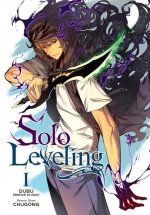
Solo Leveling, Vol. 1
444 Kč -
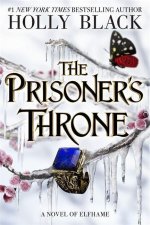
The Prisoner's Throne
231 Kč -

Court of Thorns and Roses
254 Kč -

Cry Baby Coloring Book
255 Kč -
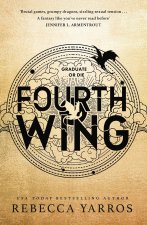
Fourth Wing
420 Kč -

Icebreaker
199 Kč -

Berserk Deluxe Volume 6
1086 Kč -
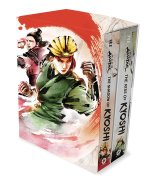
Avatar, the Last Airbender: The Kyoshi Novels (Box Set)
676 Kč -

The 48 Laws of Power
602 Kč -

House of Leaves
405 Kč -

Twisted Lies
214 Kč -
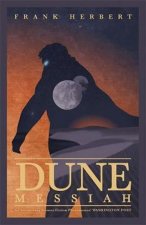
Dune Messiah
277 Kč -

No Longer Human
339 Kč -

48 Laws Of Power
471 Kč -

Twisted Games
214 Kč -

Caraval Paperback Boxed Set
905 Kč -

Solo Leveling, Vol. 2
448 Kč -

Open Circuits
861 Kč -

Berserk Deluxe Volume 5
1115 Kč -

Heaven Official's Blessing: Tian Guan Ci Fu (Novel) Vol. 3
441 Kč -

Berserk Deluxe Volume 4
1165 Kč -

Court of Mist and Fury
254 Kč -
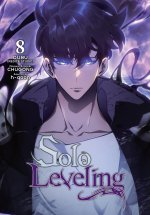
SOLO LEVELING V08
432 Kč -

English File Upper Intermediate Multipack A (4th)
495 Kč -

CHAINSAW MAN V14
249 Kč -

Before the Coffee Gets Cold
276 Kč
Osobní odběr Praha, Brno a 12903 dalších
Copyright ©2008-24 nejlevnejsi-knihy.cz Všechna práva vyhrazenaSoukromíCookies



 Vrácení do měsíce
Vrácení do měsíce 571 999 099 (8-15.30h)
571 999 099 (8-15.30h)